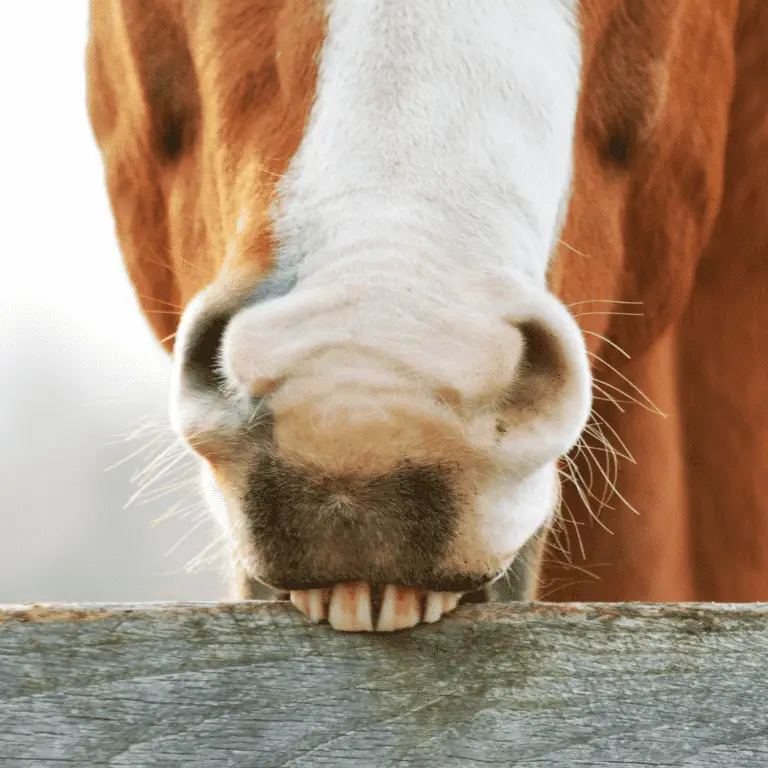Cribbing in horses can be challenging to treat, but management strategies often focus on environmental enrichment, dietary adjustments, and behavioural modification techniques. Providing ample turnout time, social interaction, and mental stimulation can help alleviate boredom and reduce cribbing behaviour. Dietary modifications, such as increasing forage intake and providing slow-feed hay nets, may also be beneficial in preventing boredom-related cribbing.
Behavioural modification techniques, including positive reinforcement training and the use of anti-cribbing collars or devices, can help discourage the behaviour. In some cases, consultation with a veterinarian or equine behaviourist may be necessary to develop a comprehensive treatment plan tailored to the individual horse’s needs.
